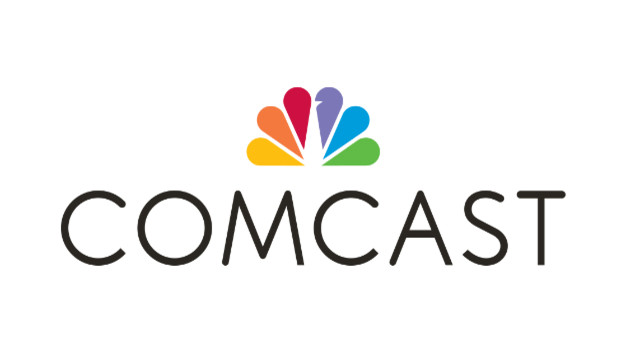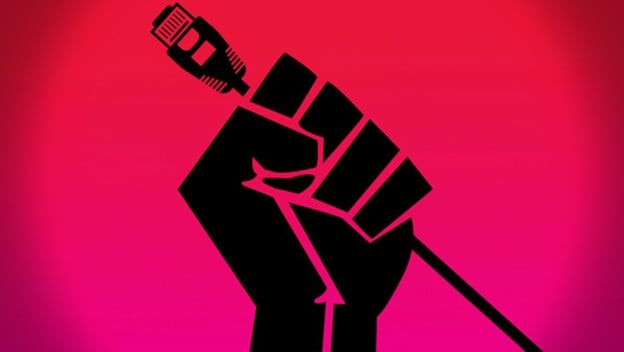Chances are if you’re savvy enough or spend a lot of time on social media outlets, you’ve heard about Net Neutrality. The FCC is preparing to revert the “rules” from back before the Obama administration changed them, which changes its current treatment as a “utility” to an “information service.” This effectively removes some regulations, opening service providers like Comcast (I’m using Comcast as an example because it’s local to me, and also one of the biggest) to have more freedom with how they offer their products. As gamers, it’s important to be aware of how this can and will change the way we access our games, and do our part to hopefully prevent this from happening.
While said companies, again like Comcast, have publicly pledged to provide an “open Internet,” there is rightfully an air of distrust. This is because of several recorded past instances of providers, before the “utility” style regulations, throttling or outright blocking services. Yes, that’s totally a thing these companies are currently not allowed to do, and will totally be open to again, as they were before. You may be wondering what this means.
Right now, if you have Internet access, you have access to whatever you want. You may be stopped by a DMCA notice or something if you’re going crazy with torrenting movies and video games, but you can still make the choice to access them. You can freely access services like Netflix, Amazon, Facebook Messenger, Xbox Live, and PlayStation Network. You can do all this without having to worry about inconsistent speeds or extra fees. You pay for the outside services of course, but your same Internet connection will, depending on hardware of course, behave similarly across anything you want to access.
But let’s assume things do open back up, and things can change drastically. This is a worst-case scenario here, but the problem is not necessarily that it will happen, but it could happen. The legal possibility is open, and it’s up to the corporations to make the choices on how they offer their services. So while Comcast’s Twitter account is playing the good guy right now, find me a list of large corporations that don’t take advantage of every legal avenue to expand profits and then some. Yeah, I thought so.
Internet service providers would, under the “information service” rules, have the legal freedom to part out Internet service, not unlike the cable packages we all hate. You know how you have to pay upwards of dozens of extra dollars a month, just to get that one cool channel you want for that one obscure show? Now imagine that same idea applying to the Internet. But because the Internet is so vast and varied, it could be so much worse. Think about how, for example, Internet packages could be separated into categories like Social Media, Streaming, Gaming, News, so on and so forth. Now recognize all the different companies involved in these categories, and imagine packages getting even more complicated because of that.

Look at video games. Each major video game has its own publisher, and each console has its own online service. What if your local Internet provider struck a deal with Microsoft to offer Xbox Live separately from PlayStation Network? Meanwhile, you have both consoles and friends who you play with online on both. Now you either have to make a choice, or pony up the dosh, in addition to the fees you’re already paying for Xbox Live Gold and PlayStation Network, just to be able to access both. You’ll probably get a “deal,” involving extra services you don’t use, just like all the crappy, bloated cable bundles out there. Or what if EA gets a wild hair and decides all of its games that use dedicated servers now function fastest exclusively on package A, while Microsoft is cheaper on package B, and PlayStation on package C?
Obviously that’s the nightmare scenario. The good faith assumption here is that Internet companies know how insane that would be, and in order to remain competitive means not being colossal jerks. But then again, plenty of regions out there only have one or two options to choose from, often with one offering way better speeds than the other. So what then? Do people living in more rural areas just get screwed even more than they already are? Losing Net Neutrality is basically giving a free pass to corporations to do as they please, and corporations are not our friends. For more information as well as links to what you can do as an individual to get involved, check out Save the Internet. Good luck everyone!
